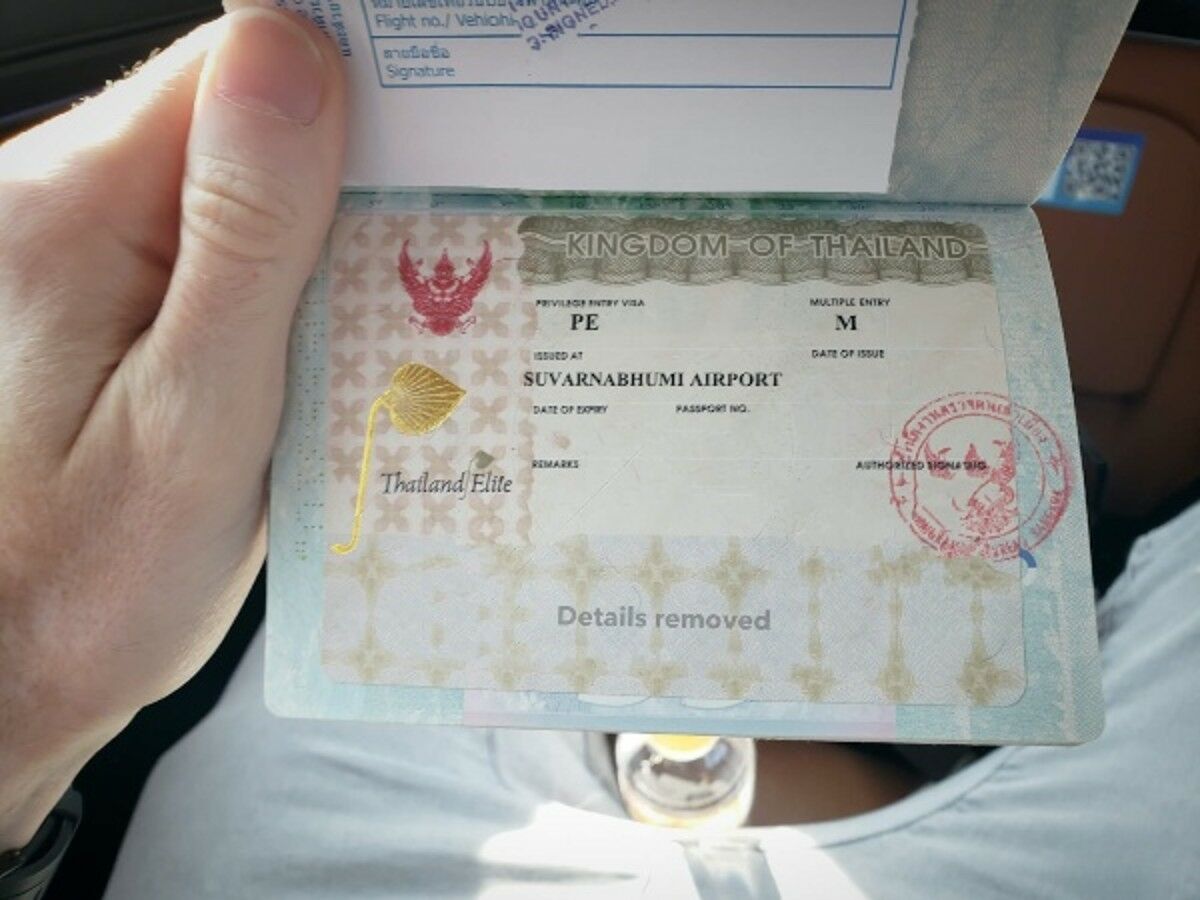Retiree’s paradise or visa maze? Thailand’s options but no land grabs

Thailand is a popular choice for foreign retirees, offering several visa types including annual extensions, a five to 20 year Elite visa, and a 10-year Long Term Residence (LTR) visa. However, none of these options allow direct land ownership, nor do they guarantee a pathway to permanent residency or citizenship.
Foreigners can purchase condominiums but this typically doesn’t come with visa concessions. Since January, anyone spending over six months in Thailand might be hit with personal income tax on remitted income.
Malaysia’s My Second Home programme, which has been running since 2002, offers visas for five to 20 years. Unlike Thailand, it requires foreigners to buy and keep the property in their name, with 100% ownership to stimulate the local market.
Perks include visas for spouses, parents, and children under 34. However, you’ll need to live in Malaysia for at least three months annually, although a dependent relative can take your place if you’re still working. On the bright side, Malaysia doesn’t tax remitted foreign income.
Cambodia’s Retirement ER visa offers an easier, bureaucratic route for retirees aged 55 and over, with minimal proof required. However, land ownership laws are strict, and while Cambodia theoretically taxes foreign income, enforcement is lax. For those with deep pockets, Cambodia also offers citizenship for a US$300,000 (around 10.3 million) investment, an option popular among wealthy Chinese.
The Philippines stands out by granting notional permanent residency from day one with its Special Resident Retirement Visa (SRRV). Those over 35 must deposit US$50,000 in a local bank, which can be used to buy a condominium. The Philippines doesn’t tax remitted foreign income, and foreigners can lease land for up to 75 years, reported Pattaya Mail.
In related news, long-stay expats are in uproar as Thailand’s new visa policies render their costly long-term options nearly worthless. The introduction of a 60-day visa-exempt policy and the 180-day Destination Thailand Visa (DTV) has left many feeling shortchanged.
Latest Thailand News
Follow The Thaiger on Google News:


























